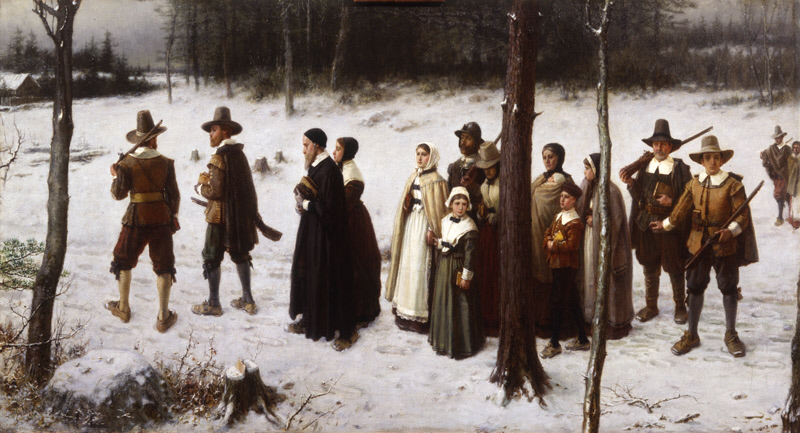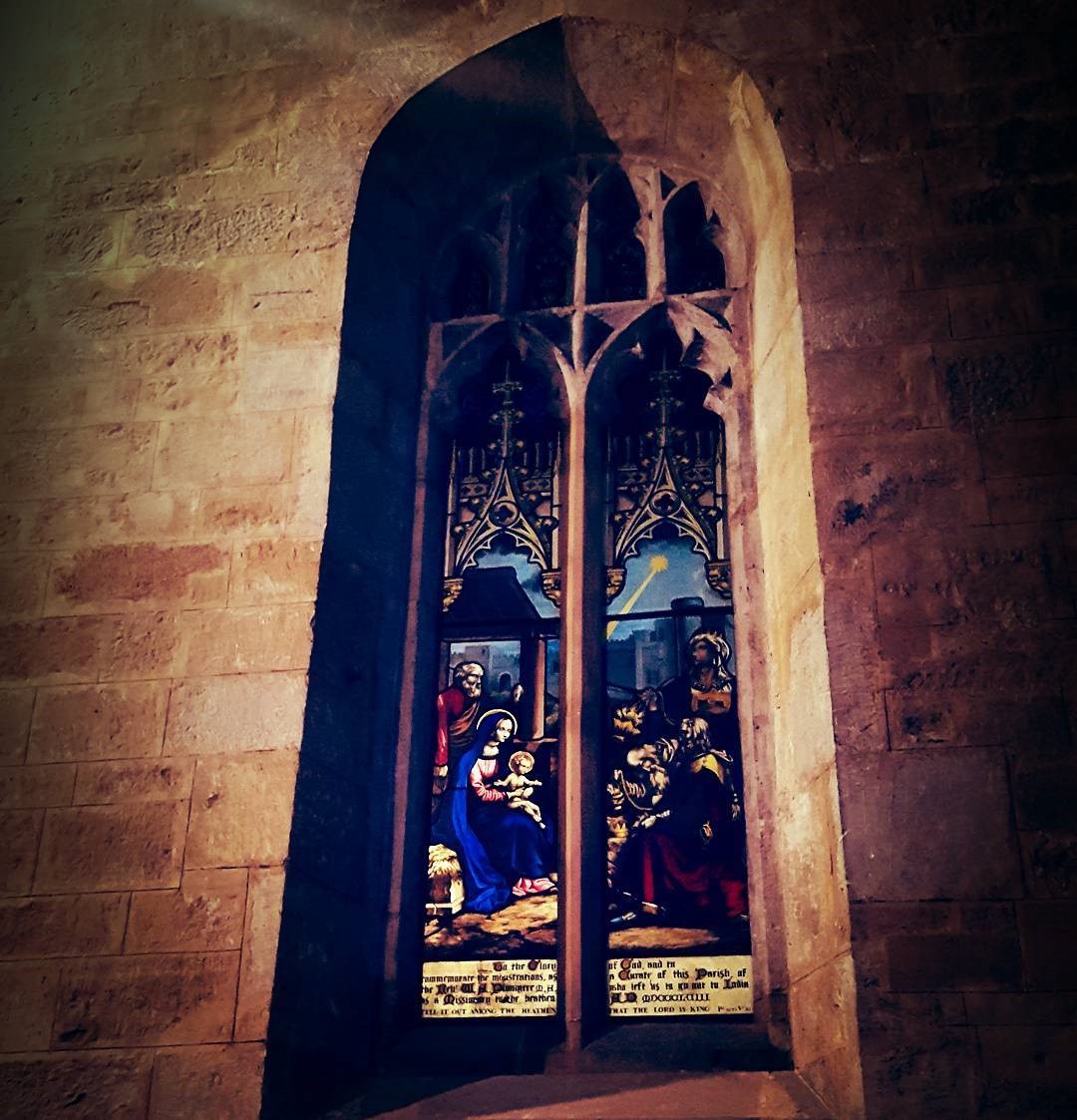One of the Separatists’ ideas that was so radical and caused so much trouble in England was their suspicion of things in religion that humankind had made up. They objected to the authority of the Pope, and Bishops, because no such person was included in God’s word (the Bible). They also disagreed with the feasting on Saints’ days which was observed in the Catholic and English Churches.
They did not celebrate Christmas, and in fact, it was Christmas day 1620 when the pilgrims set to work in Massachusetts. The Mayflower had found its way to Plymouth Harbour on the 16th of December. On the 25th, men were ashore, beginning to build the ‘common store’ where they could keep their goods on the land until family homes were erected.
They did not celebrate Christmas, and in fact, it was Christmas day 1620 when the pilgrims set to work in Massachusetts. The Mayflower had found its way to Plymouth Harbour on the 16th of December. On the 25th, men were ashore, beginning to build the ‘common store’ where they could keep their goods on the land until family homes were erected.

